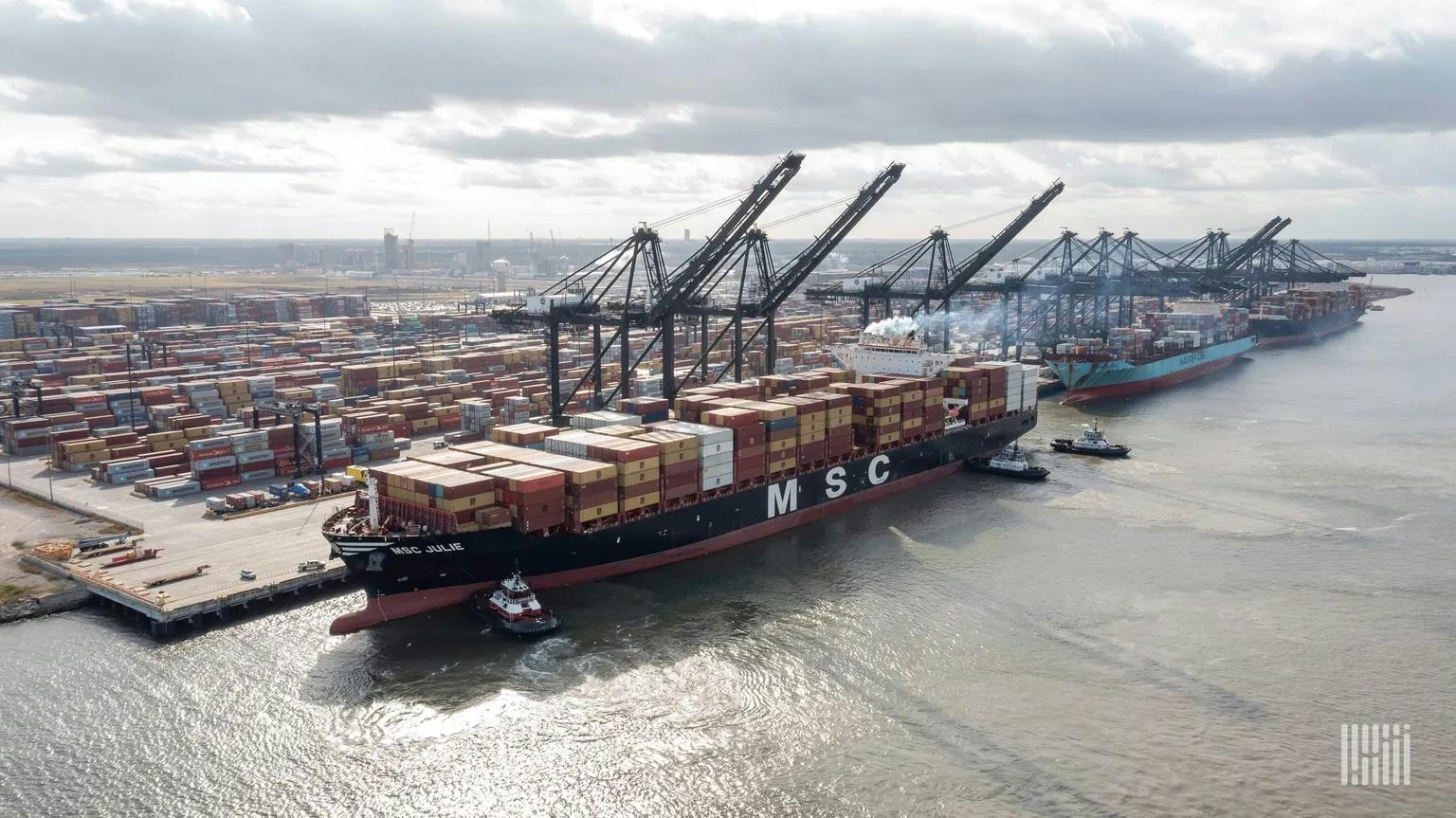AeroGenie — Il tuo copilota intelligente.
Tendenze
Categories
Treasury Explains Exemption of 8% Service Tax on Aircraft and Ship Leasing

Treasury Clarifies Exemption of 8% Service Tax on Aircraft and Ship Leasing
The Malaysian Treasury has issued a detailed explanation regarding its recent decision to exempt aircraft and ship leasing from the 8% service tax imposed on commercial rental and leasing services. This exemption underscores the government’s recognition of the pivotal role that the aviation and maritime sectors play in the country’s supply chain, tourism industry, and overall economic framework.
Rationale Behind the Exemption
In its official statement, the Treasury emphasized that the exemption is intended to discourage aircraft and ship owners from registering their assets abroad, a practice that could potentially erode domestic economic activity and reduce tourism inflows. The ministry highlighted that neighboring countries do not levy similar service taxes on these leasing services, which could otherwise incentivize customers to seek leasing arrangements outside Malaysia. The exemption is therefore a strategic measure to maintain the nation’s competitiveness in these critical sectors.
The Treasury clarified that this tax relief is exclusively applicable to the aviation and maritime industries, which are integral to Malaysia’s economic growth. It explicitly excludes other rental services such as vehicle leasing—including cars and buses—and business premises, which differ fundamentally in their operational use and economic impact.
Implementation and Compliance
The 8% service tax on rental and leasing services came into effect on July 1 and applies to service providers with annual rental or lease income exceeding RM1 million. Micro, small, and medium-sized enterprises (MSMEs) with annual sales below RM500,000 remain exempt from this tax. Addressing concerns about the transparency of the exemption’s introduction, the Treasury refuted claims of a discreet rollout, noting that an official notification was published on the customs department’s MySST portal on July 24.
While the exemption aims to bolster Malaysia’s position in the regional aviation and maritime markets, it also presents challenges for industry participants. Companies must carefully navigate the complexities of tax law implementation and ensure full compliance with the updated regulations. The exemption may lead to shifts in leasing strategies and alter competitive dynamics, as businesses adjust pricing models or explore new market opportunities.
Market Response and Outlook
Early market reactions indicate a positive response to the exemption. A recent survey conducted by the International Aircraft Dealers Association reported increased market confidence, suggesting that the tax relief could enhance broader market sentiment. Nonetheless, both the Treasury and industry stakeholders acknowledge the need for ongoing monitoring to assess the exemption’s impact and to ensure that it delivers the intended economic benefits without unintended adverse effects.
The Treasury reaffirmed that the exemption is a targeted and strategic initiative designed to support sectors vital to Malaysia’s economic resilience and sustained growth.

Emirates Unveils Cabin Design for New Boeing 777X

Eighteen Years On, the Airbus A380 Remains Central to a $34 Billion Airline

How a boom in luxury airline seats is slowing down jet deliveries

Navitaire Outage Attributed to Planned Maintenance

DigiYatra Debuts Outside Aviation at India AI Impact Summit

Vietnam Orders Strengthen Boeing’s Commercial Outlook

Airbus Signals Uncertainty Over Future A400M Orders

JobsOhio Awards $2 Million Grant to Hartzell Propeller for Innovation Center

Collins Aerospace Tests Sidekick Autonomy Software on YFQ-42A for U.S. Air Force CCA Program

How the Airbus A350-1000 Compares to the Boeing 777
